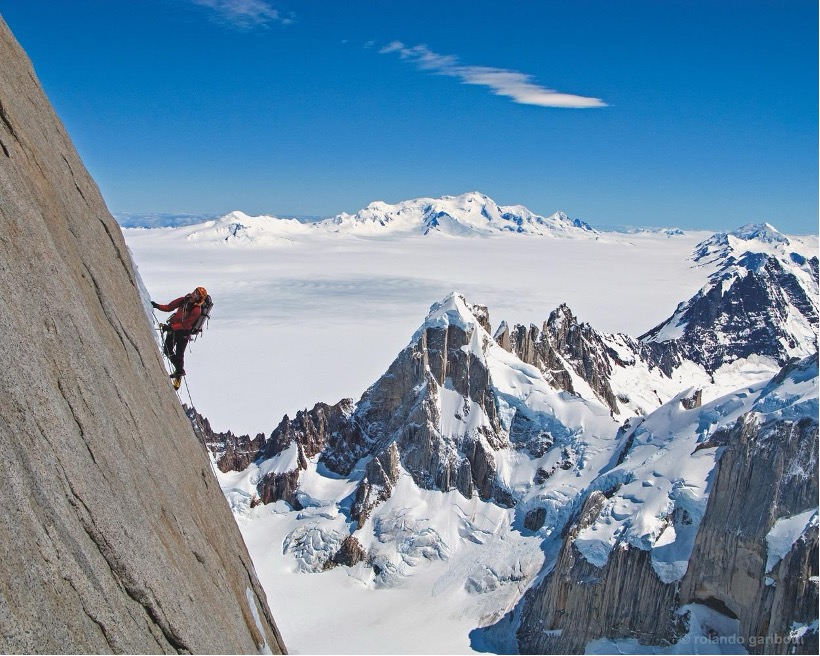Climbing in the Patagonian Andes presents mountaineers with the constant risk of death, shaping a unique sporting culture that embraces this danger. However, climate change is transforming the conditions in which climbers operate, forcing them to adapt while trying to minimize injuries and fatalities. The history of mountaineering in Patagonia dates back to the early 20th century, where “andinismo” culture in towns like Bariloche revolved around exploration and competition for first ascents. As the region became a global destination, the sport saw an increase in deaths, prompting discussions on cognitive biases related to risk perception among climbers. In recent years, mountaineers have faced new challenges due to climate change, with environmental shifts impacting the landscapes they navigate. This has led to a reevaluation of how death is represented in the sport, with recent fatalities serving as warnings about the need to recognize and adapt to the growing climate risks in the region. Marco Mendoza, an expert in anthropology focused on Patagonia, discusses these issues and the changing dynamics of mountaineering in the face of climate change in his new book “The Patagonian Sublime: The Green Economy and Post-Neoliberal Politics.”





